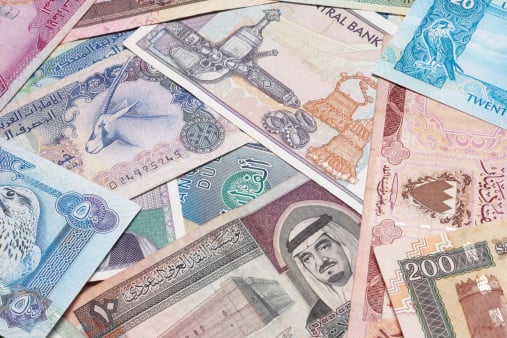Jersey Eyes Liquidity In Asian, Middle Eastern Banks
Presently, 18 per cent of the 138.9 billion pounds in banking deposits in Jersey are from residents of the Middle East and Asia,

Jersey Finance, the island’s financial centre which acts as custodian of 1.2 trillion pounds ($1.88 trillion), is in talks with a dozen banks from China, India and the Gulf about obtaining a licence in Jersey, its deputy chief executive said.
Situated between France and Britain in the Channel, Jersey is a British Crown dependency outside of the United Kingdom and the European Union.
It is jostling with larger offshore markets such as Switzerland, the world’s leading offshore private banking centre, to manage part of the growing liquidity in Asian and Middle East banks.
Presently, 18 per cent of the 138.9 billion pounds in banking deposits in Jersey are from residents of the Middle East and Asia, according to Jersey Finance’s latest quarterly report for the period ended June 30.
But only three of the 34 licensed banks in the island are from those regions, according to the same report.
That figure is likely to rise in the coming years as cash-rich banks from those regions build up their international muscle, while some European banks pull back from foreign markets because of capital and regulatory constraints, Richard Corrigan told Reuters in an interview in Dubai.
“What we’re now seeing are big regional banks that have developed strong Tier 1 capital that don’t necessarily have the international network to support their ranking so they’re starting to back-fill their international network in recognition that having a offshore presence of some substance is an increasingly important way of deepening their service to clients,” he said.
Offshore centres have been thrust under the spotlight recently as governments put them under pressure to operate with more openness in an effort to crackdown on tax evasion.
Switzerland and Singapore, another growing offshore market, were among 47 countries that in May agreed to share tax information, a deal accelerated by the U.S. Foreign Account Tax Compliance Act (FATCA), which forces banks outside the United States to give Washington details of foreign accounts held by U.S. citizens.
“We say we offer the same characteristics [as Switzerland] but do it in a way that is transparent, and cooperative and not open to scandal in the years ahead or the past,” said Corrigan.
“We believe clients have a right to confidentiality but also believe it’s important to know who is doing business in your jurisdiction and why they’re doing business.”
